Hungarian Foreign Affairs and Trade Minister Peter Szijjarto held a press conference in Brussels following the General Affairs Council, where the European Commission's enlargement package took center stage.
The goal of Brussels institutions and the vast majority of member states was to reach a decision on opening the accession negotiations with Ukraine.
The head of the ministry pointed out that the preliminary proposal contained: the condemnation and potential sanctioning of the Serbs, the possibility of freezing European Union funds for Republika Srpska, an unfair approach to Turkey and several points that would have made further negotiations with North Macedonia practically impossible.
What has become of all this? Nothing,
he summed up the results of the General Affairs Council, as no decision was taken to move forward with Ukraine's membership negotiations and the other proposed points had been removed from the text.
Today pro-EU enlargement members are a minority in the European Union,
the miniser said. This comes as no surprise, given that Hungary's Agriculture Minister Istvan Nagy said Monday that the French were also concerned about the potential consequences of Ukraine's accession.
Peter Szijjarto pointed out the absurdity of no EU enlargement having taken place for ten years, and that for six years, not a single negotiating chapter has been closed with any country, and that the last new chapter was only opened two years ago. As he put it,
The anomaly is that Enlargement took this course because some individual member states have always blocked these processes, but nobody pointed a finger at them as being pro-Putin, or as betrayers of unity.
To illustrate the unfairness of Ukraine's forced EU accession, he listed in detail how long Western Balkan countries have been working toward EU membership:
- Macedonia has been a candidate country since 2005 and real accession negotiations have not started;
- Albania has been a candidate country since 2014 and real negotiations have not started;
- Montenegro has been a candidate since 2010. The country last closed a negotiating chapter six years ago;
- Serbia has been a candidate country since 2012, "and the EU is unwilling to open even those new negotiating chapters that Serbia is absolutely prepared for".
Hungary's foreign minister referred to this in his Facebook post when he wrote that "we consider discrimination against the Western Balkans unacceptable".
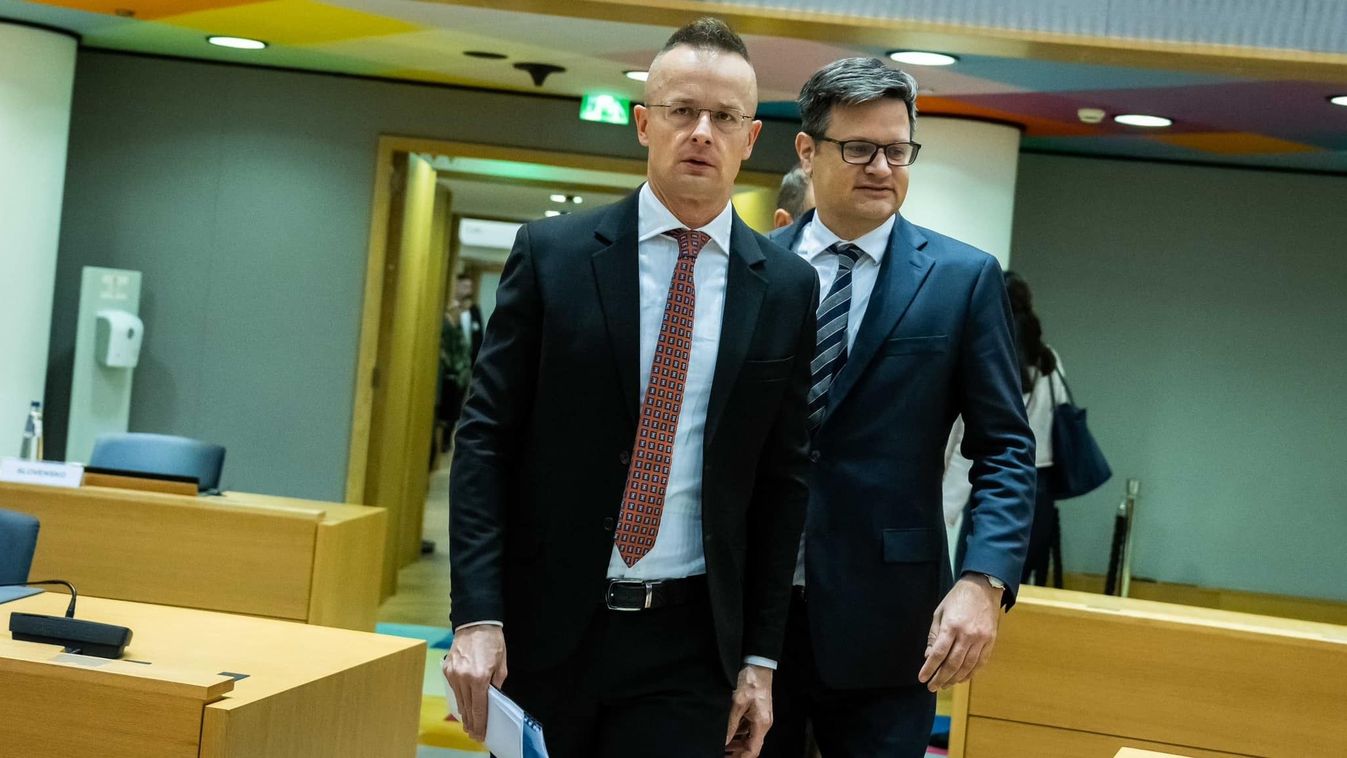
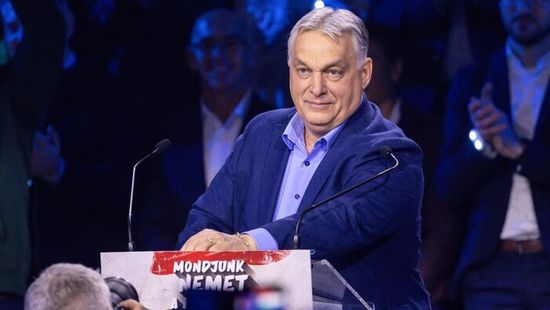
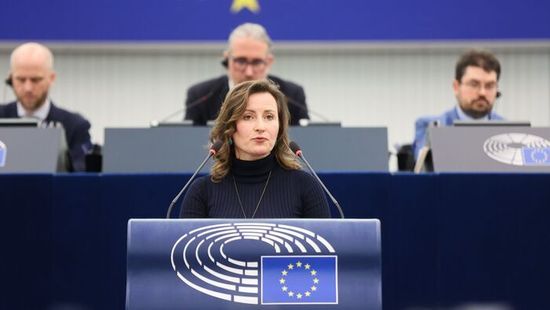
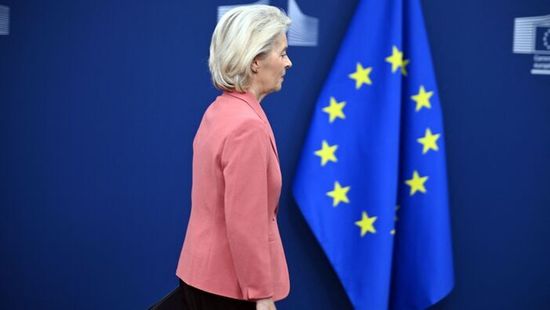
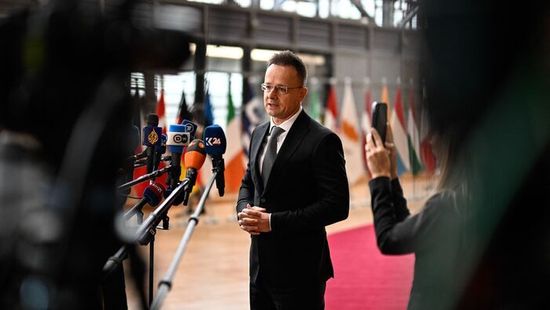

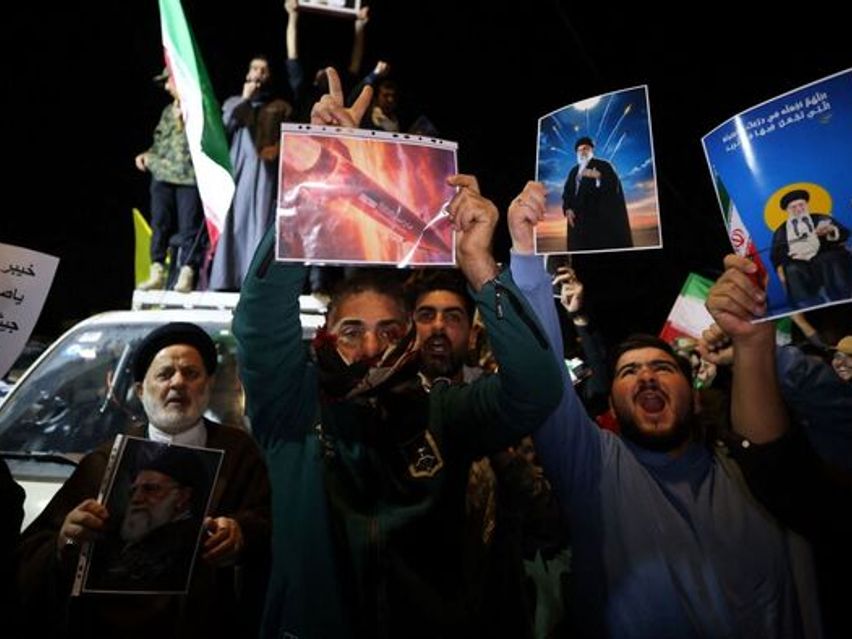
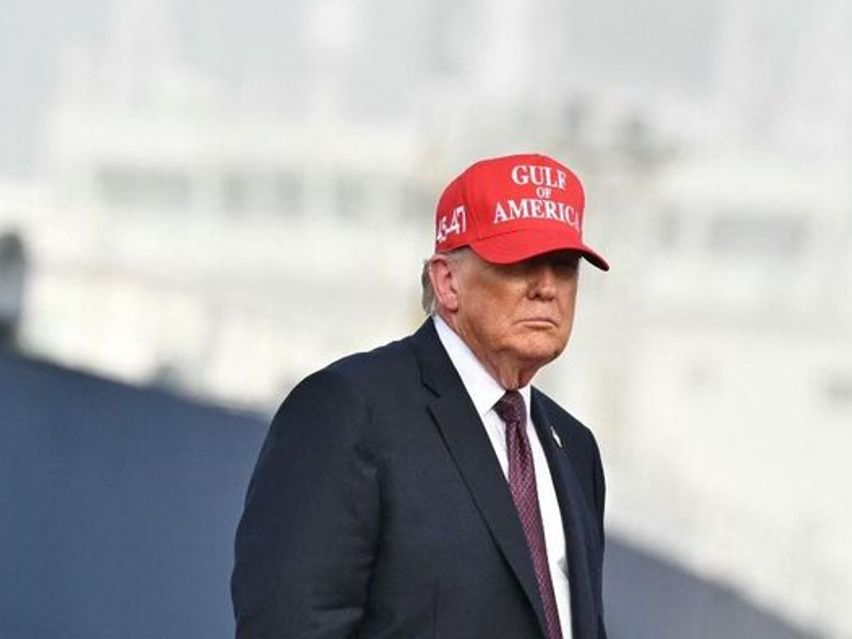
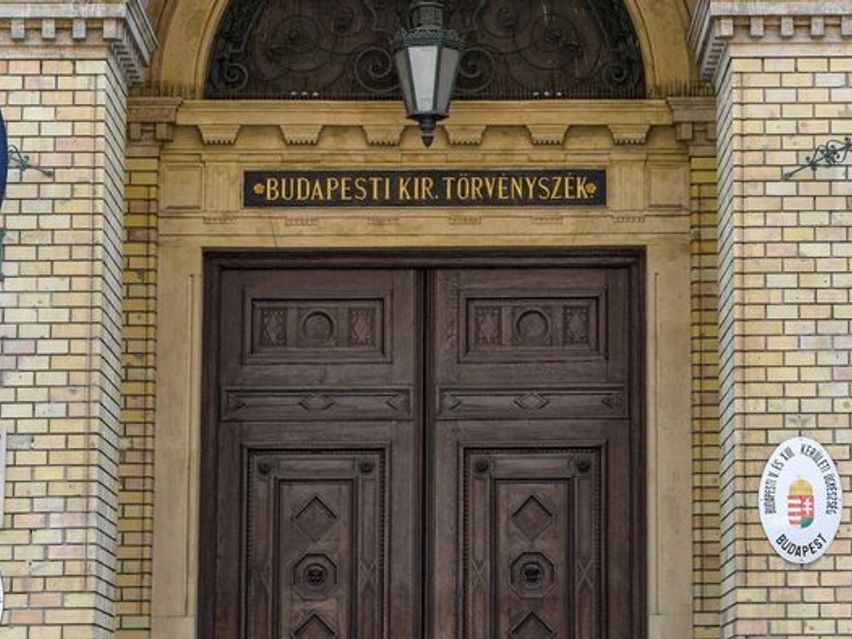
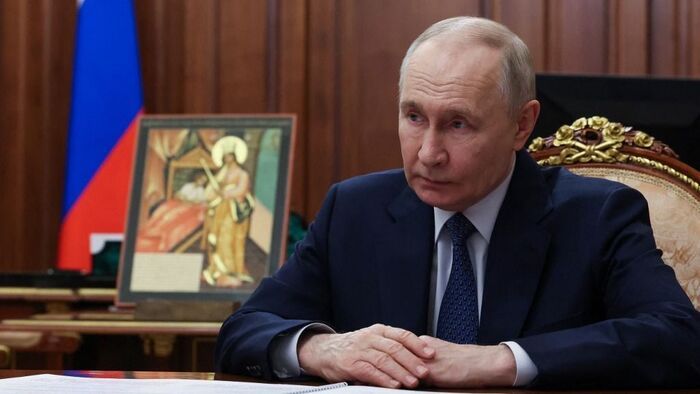



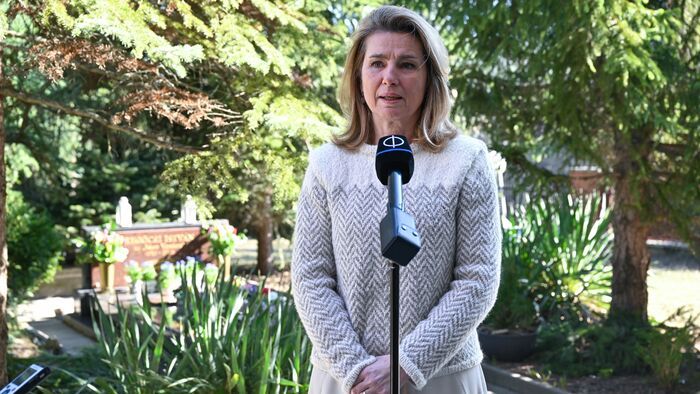


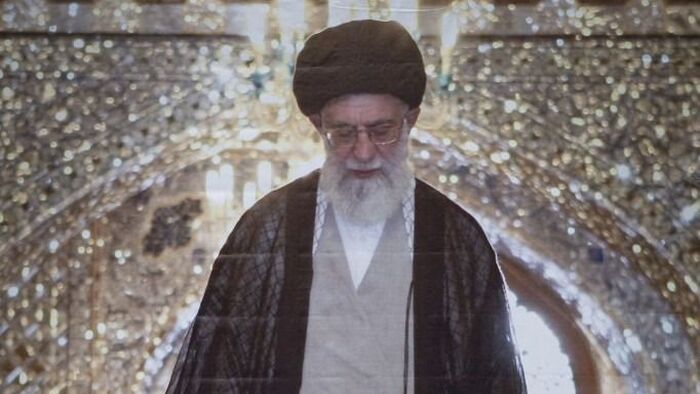
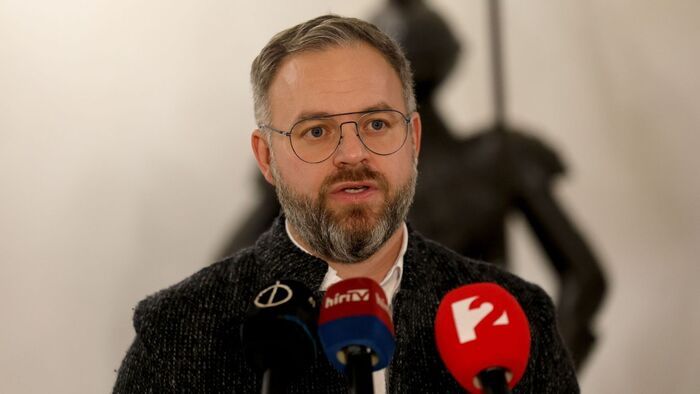



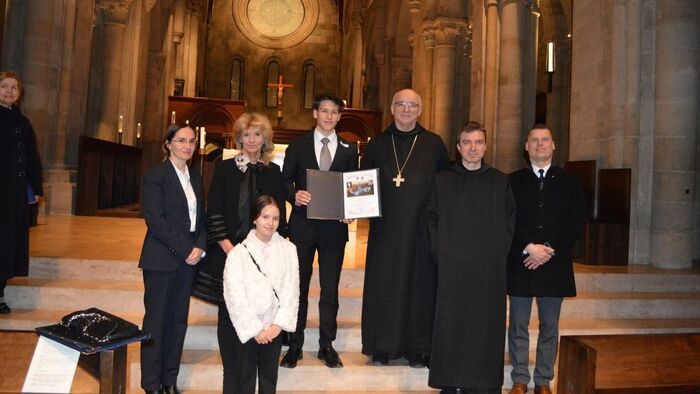

Szóljon hozzá!
Jelenleg csak a hozzászólások egy kis részét látja. Hozzászóláshoz és a további kommentek megtekintéséhez lépjen be, vagy regisztráljon!